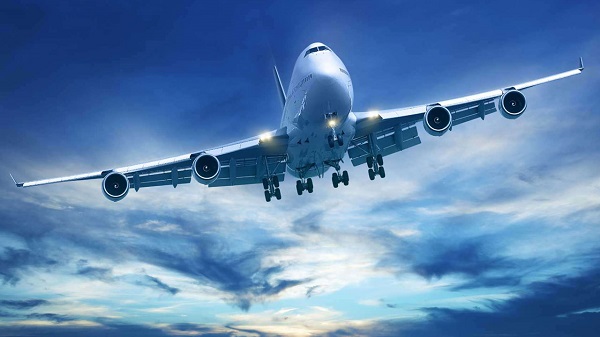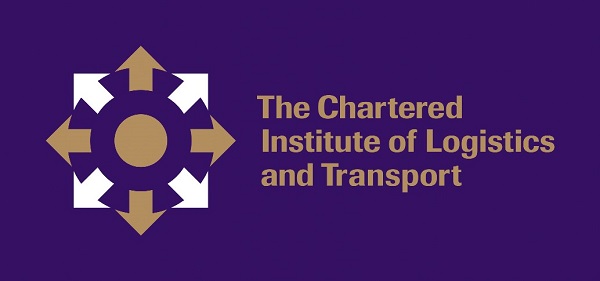Airlines, tourism operators seek $10b relief to save industry
 • Virgin Atlantic to fire 3,150 workers, retires seven B747-400 aircraft
• Virgin Atlantic to fire 3,150 workers, retires seven B747-400 aircraft
The survival of the travel and tourism industry in Nigeria and other African countries has been hinged on foreign relief package in excess of $10 billion.
The estimate, yesterday released by a coalition of international travel and tourism bodies, would save the businesses from collapse and keep millions of jobs.
In a related development, Virgin Atlantic has announced plan to reduce 3,150 jobs across all functions as part of efforts to emerge from the crisis. The airline will also no longer use all of its seven 747-400s, with four A330-200 aircraft retiring in early 2022 as planned.
Apparently in lieu of the crisis facing travel and tourism, among others, the International Air Transport Association (IATA), the World Tourism Organisation (UNWTO) of the United Nations, the World Travel & Tourism Council (WTTC), the African Airlines Association (AFRAA) and the Airlines Association of Southern Africa (AASA) launched an appeal to international financial institutions, country development partners and international donors to support Africa’s travel and tourism sector that employs some 24.6 million people on the African continent.
The sector contributes $169 billion to Africa’s economy combined, representing 7.1 per cent of the continent’s Gross Domestic Product (GDP). Besides the $10 billion worth of relief, the coalition also sought access to as much grant-type financing and cash flow assistance as possible to inject liquidity and provide targeted support to severely impacted countries.
Financial measures that can help minimise disruptions to much-needed credit and liquidity for businesses. This includes the deferral of existing financial obligations or loan repayments; and, ensuring that all funds flow down immediately to save the businesses that need them urgently, with minimal application processes and without impediment from normal lending considerations such as creditworthiness.
Some African governments are trying to provide targeted and temporary support for hard-hit sectors such as travel and tourism. However, many countries lack the necessary resources to help the industry and the livelihoods it supports through this crisis.
The situation is now critical. Airlines, hotels, guesthouses, lodges, restaurants, meeting venues and related businesses face mounting losses. Typically, tourism is comprised of 80 per cent of small and medium-sized enterprises (SMEs). To preserve cash, many have already begun laying off or placing staff on unpaid leave.
The UNWTO Secretary-General, Zurab Pololikashvili, the impact of the COVID-19 pandemic was being felt across the whole tourism value chain. “The sector and the millions of livelihoods it supports across the world, including vulnerable communities are particularly exposed. International financial support is key to ensuring that tourism can lead to wider economic and social recovery in these communities,” Pololikashvili said.
IATA’s Director-General and CEO, Alexandre de Juniac, added that airlines were at the core of the travel and tourism value chain that has created quality jobs for 24.6 million people in Africa.
“Their livelihoods are at risk. Containing the pandemic is the top priority. But without a lifeline of funding to keep the travel and tourism sector alive, the economic devastation of COVID-19 could take Africa’s development back a decade or more. Financial relief today is a critical investment in Africa’s post-pandemic future for millions of Africans,” de Juniac said.
WTTC President and CEO, Gloria Guevara, said the sector was in a fight for survival, with over 100 million jobs losses globally and nearly eight million in Africa alone due to the COVID-19 crisis.
“Travel and tourism is the backbone of many economies across Africa and its collapse will lead to hundreds of millions of livelihoods being impacted and enormous financial pressure for years to come. Now, more than ever, it is vital that governments work together on a global coordinated approach towards a swift recovery and ongoing support for travel and tourism.
“It is critical that the most vulnerable communities receive international help. The speed and strength with which the international community comes together and responds through international financial institutions, country development partners and international donors will be paramount to provide support to the many millions of people whose livelihoods are heavily dependent on our sector,” Guevara said.
Virgin Atlantic in a statement said they are working closely with unions BALPA and Unite, a company-wide consultation period of 45 days beginning from last Tuesday.
CEO, Virgin Atlantic, Shai Weiss, said the airline had weathered many storms since its first flight 36 years ago, but none had been as devastating as COVID-19 and the associated loss of life and livelihood for so many.
“However, to safeguard our future and emerge a sustainably profitable business, now is the time for further action to reduce our costs, preserve cash and to protect as many jobs as possible. It is crucial that we return to profitability in 2021. This will mean taking steps to reshape and resize Virgin Atlantic in line with demand, while always keeping our people and customers at the heart of all we do.
“I wish it was not the case, but we will have to reduce the number of people we employ. The commitment of our people throughout this crisis has been nothing but amazing, and the embodiment of true Virgin spirit. As we have navigated the COVID-19 crisis, I have been humbled at every step by their solidarity. In times of adversity we must support each other so that ultimately, we can emerge a stronger and better Virgin Atlantic,” Weiss.






